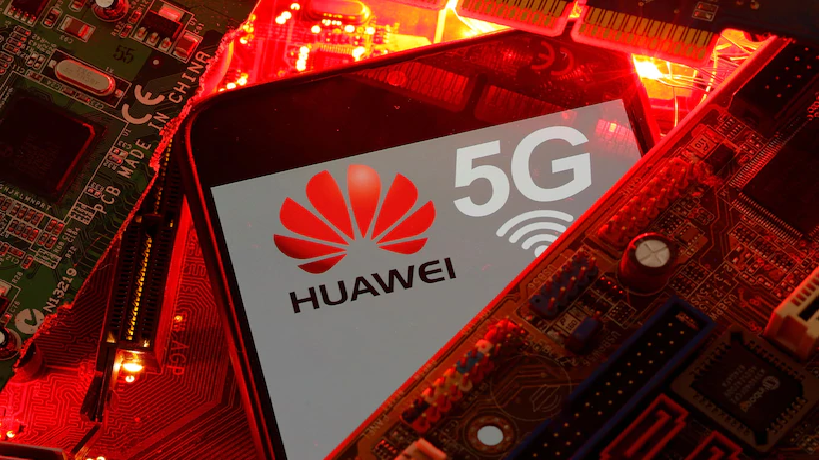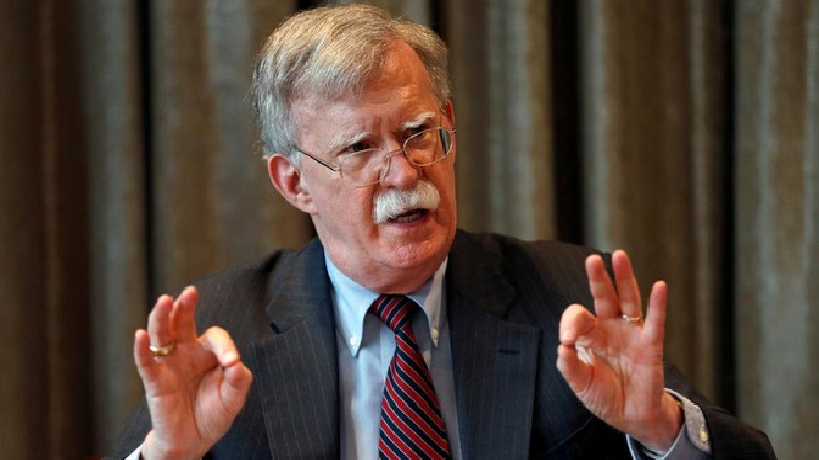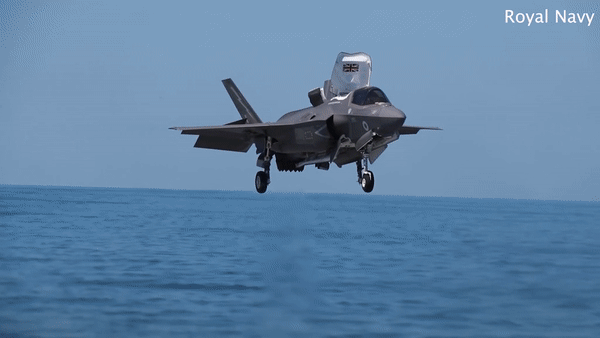China retaliates against US with its accusation of US's undermining stability in South China Sea
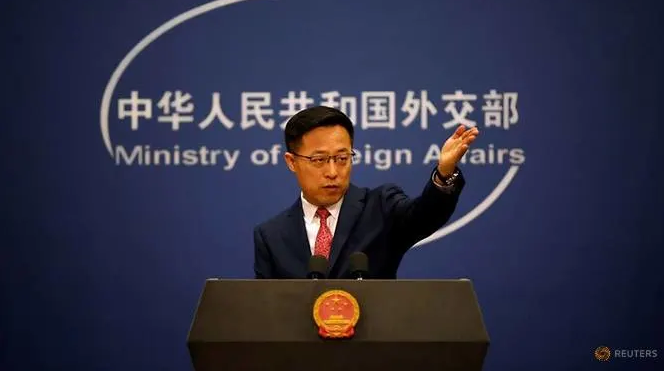 |
| Chinese Foreign Ministry spokesman Zhao Lijian attends a news conference in Beijing, China Apr 8, 2020. (REUTERS/Carlos Garcia Rawlins/File Photo) |
Chinese foreign ministry spokesman Zhao Lijian told reporters during a briefing that China has never strived to build an empire in the South China Sea.
He rejected US Secretary of State Mike Pompeo's comments in a statement issued on July 13.
Pompeo had said the the United States would treat Beijing's pursuit of resources in the South China Sea as illegal.
Describing the move as "strengthening U.S. policy," the top US diplomat asserted that "Beijing's claims to offshore resources across most of the South China Sea are completely unlawful, as is its campaign of bullying to control them."
"The world will not allow Beijing to treat the South China Sea as its maritime empire. America stands with our Southeast Asian allies and partners in protecting their sovereign rights to offshore resources, consistent with their rights and obligations under international law," Pompeo said in a lengthy statement, said the cnn.
Those comments also were followed by accusations by Japan, in which the country's annual defence review said China was pushing its unlawful territorial claims amid the COVID-19 pandemic.
China "is continuing to attempt to alter the status quo in the East China Sea and the South China Sea", Japan said in the defence white paper approved by Prime Minister Shinzo Abe's government on July 14.
The white paper described "relentless" intrusions in waters around a group of islets claimed by both nations in the East China Sea, known as the Senkaku in Japan and the Diaoyu in China.
In the South China Sea, it said Beijing was asserting territorial claims by establishing administrative districts around disputed islands, that forced countries distracted by the coronavirus outbreak to respond.
Japan's criticism of China echoes similar comments made by the US, and comes as tension in the region increases as Beijing and Washington conduct separate military drills in the South China Sea and as relations between the world's two largest economies deteriorated.
According to Reuters, Japan sees China as a longer-term and more serious threat than nuclear-armed North Korea. Beijing now spends four times as much as Tokyo on defence as it builds a large modern military.
Japan's defence review also claimed China appeared to be responsible for "propaganda" and "disinformation" amid "social uncertainties and confusion" caused by the coronavirus outbreak.
Such disinformation included online claims that the coronavirus was brought to China by a US military member, or that Chinese herbal remedies could treat COVID-19, a defence ministry official said at a briefing.
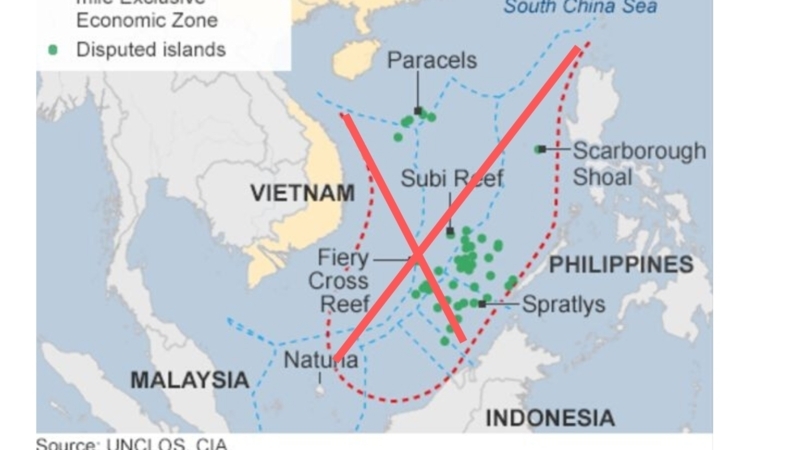 |
| China’s Nine-Dash Line map or claim of historical rights to nearly all of the contested waterway. Source: UNCLOS |
Right after the US Department of State’s statement, China's embassy in the US has raised its voice, calling the former’s statement “distorts the facts” and “exaggerates the situation”.
The Chinese Embassy affirmed “China has been committed to resolving disputes through negotiation and consultation with countries directly involved, managing differences through rules and mechanisms, and achieving win-win results through mutually beneficial cooperation.”
China accused the US of interfering with the disputes that it is not directly involved in.
“Under the pretext of preserving stability, it is flexing muscles, stirring up tension and inciting confrontation in the region. Under the pretext of endorsing rules, it is using UNCLOS to attack China while refusing to ratify the Convention itself. Under the pretext of upholding freedom of navigation and overflight, it is recklessly infringing on other countries’ territorial sea and airspace and throwing its weight around in every sea of the world,” wrote a statement on the website of embassy of China in the US.
However, Beijing in its latest statement still fails to lawfully assert the so-called “nine-dash-line”, which was unilaterally delineated by China on the South China Sea (known as East Sea in Vietnam), is consistent with the 1982 United Nations Convention on the Law of the Sea (UNCLOS). The tribunal at the Permanent Court of Arbitration in The Hague in 2016 ruled that China couldn’t claim historic rights in all the waters within a “nine-dash” line.
Nine-dash line or U-shaped line is considered China’s endless malice in occupying the South China Sea. In May 2009, China continued to show its ambition to monopolize the sea by submitting to the United Nations a “nine-dash line” map.
In the map, China claimed sovereignty over two million square kilometers of sea and 13 square kilometers of land on the sea, including Vietnam’s Hoang Sa (Paracel) and Truong Sa (Spratly) Islands, and Scarborough shoal.
The UNCLOS was adopted on December 10, 1982 and took effect on November 16, 1994. Vietnam was one of the first 107 countries to sign and ratify this convention.
In its ratification resolution, the Vietnamese National Assembly affirmed that by ratifying the treaty, the country shows the determination to join hands with the international community to build an equitable order and encourage the development and cooperation at sea./.
 | South China Sea dispute: Manila calls China on complying with sea feud ruling The Philippines on Sunday publicly called on China to comply with the 2016 arbitral ruling, which invalidated its massive claim over the resource-rich South China ... |
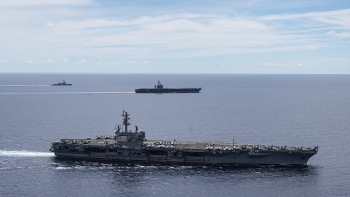 | US rejects nearly all Chinese claims to territory in South China Sea Secretary of United State Mike Pompeo on Monday announced a formal rejection of "most" of China's maritime claims in the South China Sea, marking the ... |
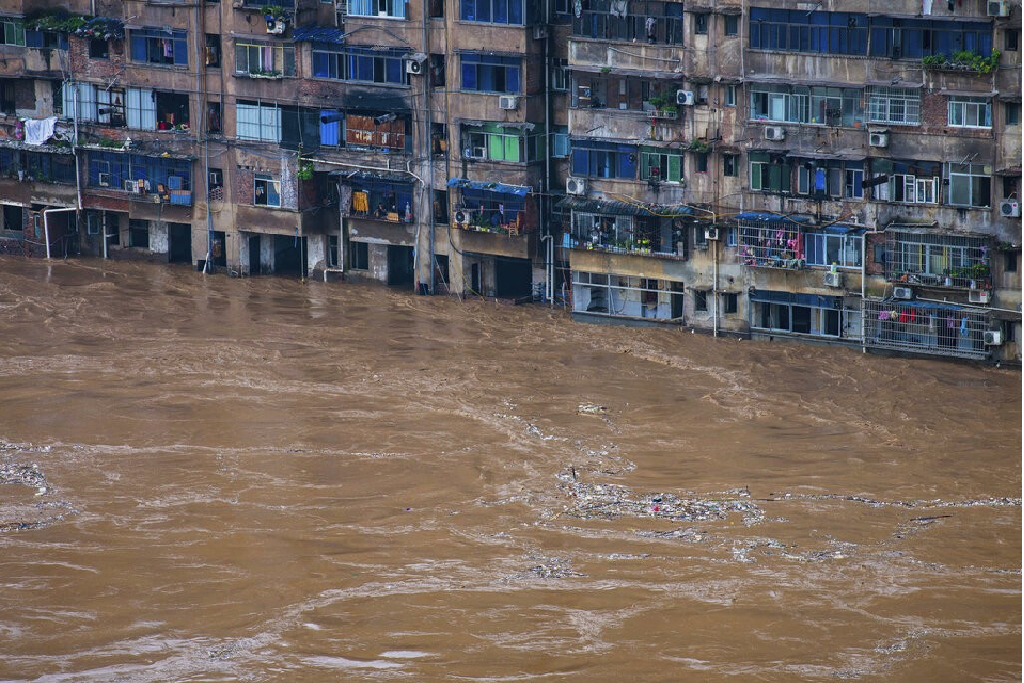 | 433 rivers across China exceed alerting-levels, Xi Jinping admits flooding is grim Up to 433 rivers across China have exceeded alerting levels since early June, with 33 of them rising to historical highs. |
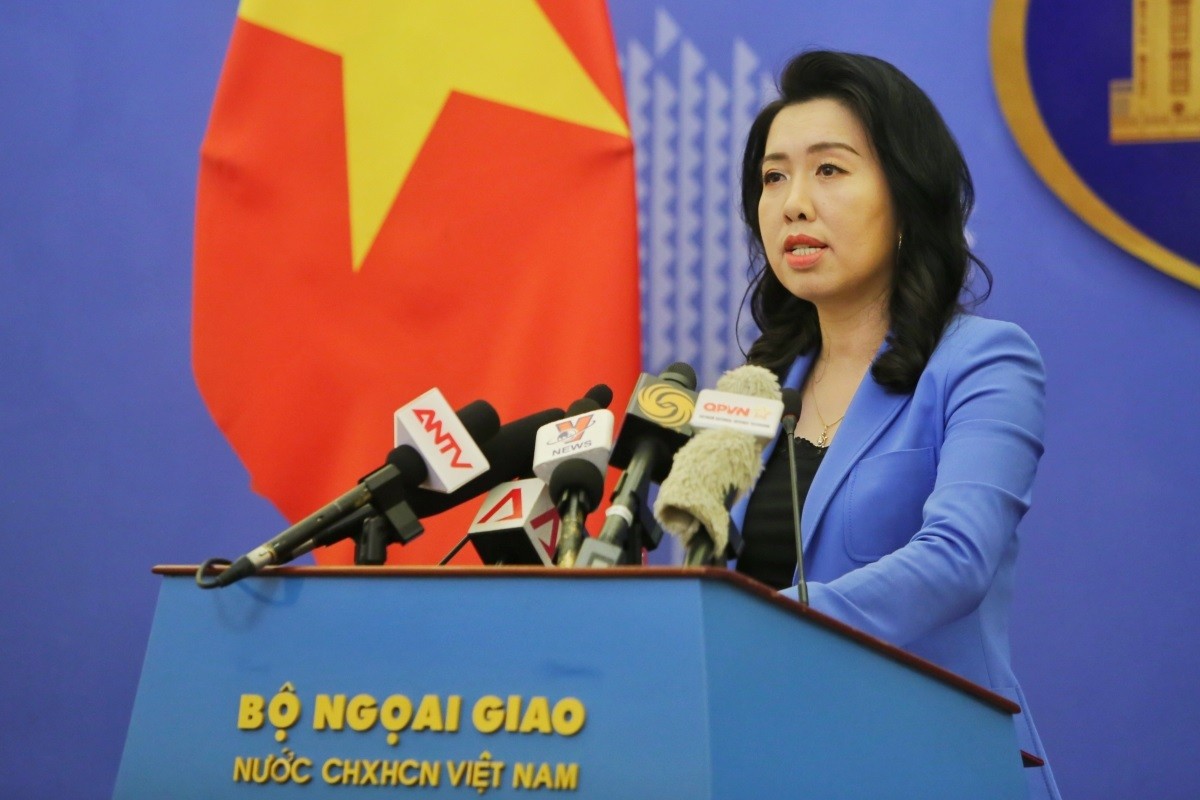 Seas and islands
Seas and islands
Vietnam Demands China Respect The Country's Sovereignty in East Sea
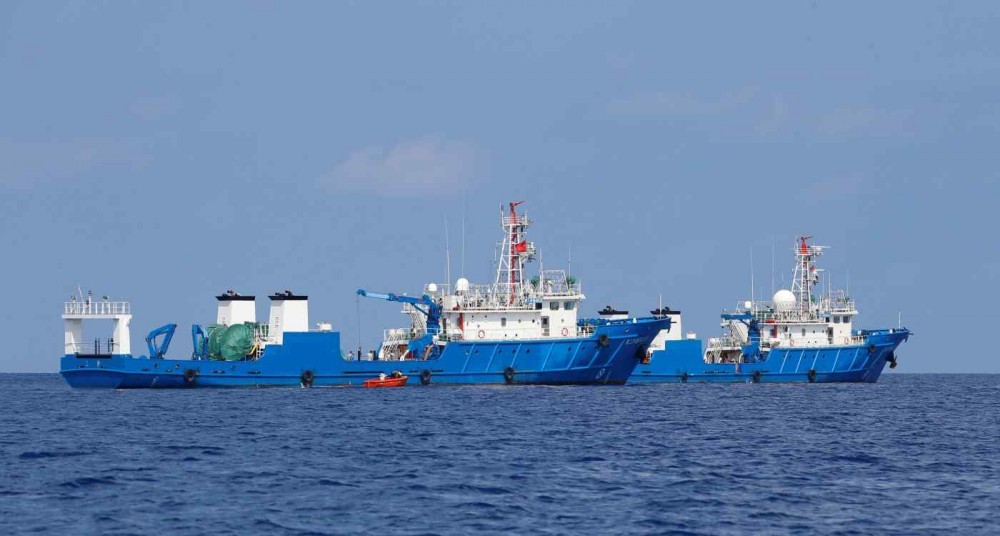 Focus
Focus
Promoting Substantive And Effective Code of Conduct in The South China Sea
Recommended
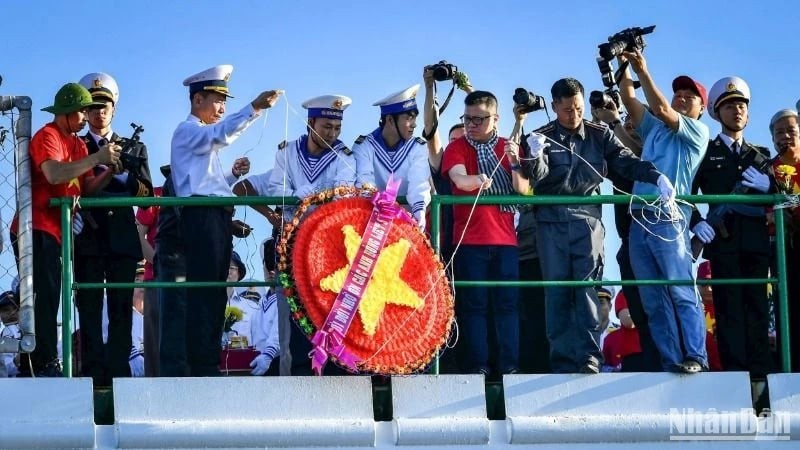 Seas and islands
Seas and islands
Spreading the Love for the Fatherland from the Sea and Islands
 Seas and islands
Seas and islands
Vietnam Endorses Common Voice on Ocean Jurisdiction
 Seas and islands
Seas and islands
Dialogue as Key to Settling Disputes and Advancing Law of the Sea
 Seas and islands
Seas and islands
RoK Navy Ship Pays Friendly Visit to Da Nang City
 Seas and islands
Seas and islands
Naval Region 5 Promotes Reading Culture, Fosters Patriotism
 Seas and islands
Seas and islands
Coast Guard Region 2 Command Hosts Philippine Coast Counterpart
 Seas and islands
Seas and islands
Vietnam - Thailand Navy: Coordination to Well Address Problems at Sea
 Seas and islands
Seas and islands

